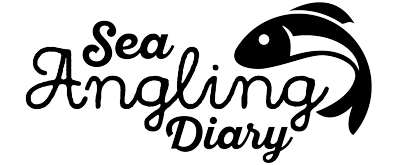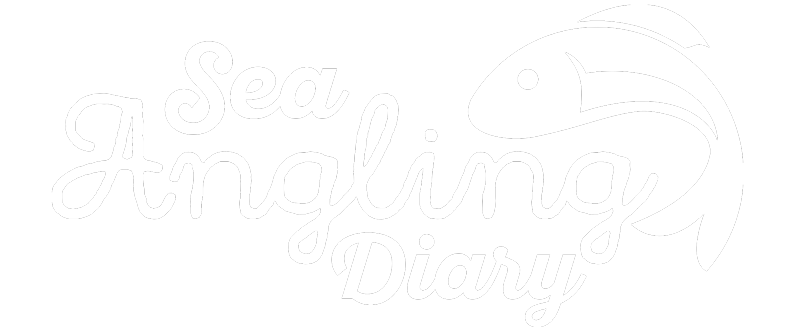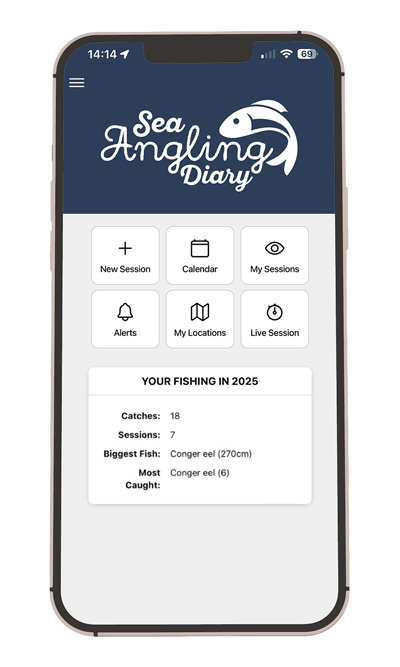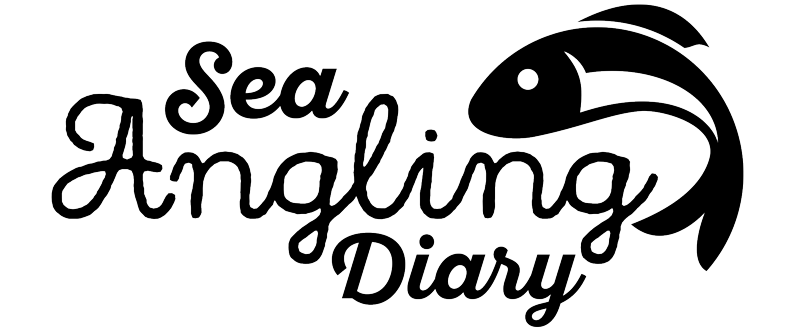There is no doubt that sea angling is an important activity, providing social and economic benefits particularly for coastal communities in the UK and elsewhere. Previous research has shown that:
- Sea angling makes a significant economic impact worth between £1.5 and £2 billion–supporting 15,000 jobs – to the UK economy when indirect effects are included(1).
- Understanding recreational sea angling catches is important for sustainable management of fish stocks(2).
Getting accurate data about the activity, catches, and spending of sea anglers is vital. It can then be used, alongside data available on commercial fishing and other marine activities, to greatly improve the management of fish stocks. This helps to achieve conservation goals and support improving the availability of fish to sea anglers. Data from this and other surveys helps Department for Environment, Food and Rural Affairs (Defra), the Welsh Government and others such as Inshore Fisheries and Conservation Authorities (IFCAs) and angling organisations understand sea angling’s impact and value.
Until 2020, this work helped the UK Government fulfil a statutory requirement under the EU Data Collection Framework (DCF) to report recreational catches and releases of cod, sea bass, pollack, elasmobranchs, eel, salmon, and highly migratory species(3).
Since leaving the EU, the UK is an independent coastal state with control over its territorial waters. Marine recreational fisheries are now embedded in UK fisheries management through the Fisheries Act(4), alongside the provision for funding for development. This means to meet the objectives of the Fisheries Act, it is important to have biological, social, and economic data on recreational fisheries to inform Fisheries Management Plans. In addition, the UK has commitments to provides recreational fisheries data annually to the International Council for Exploitation of the Sea (ICES) for stock assessment and fisheries advice(5).










Leave A Comment